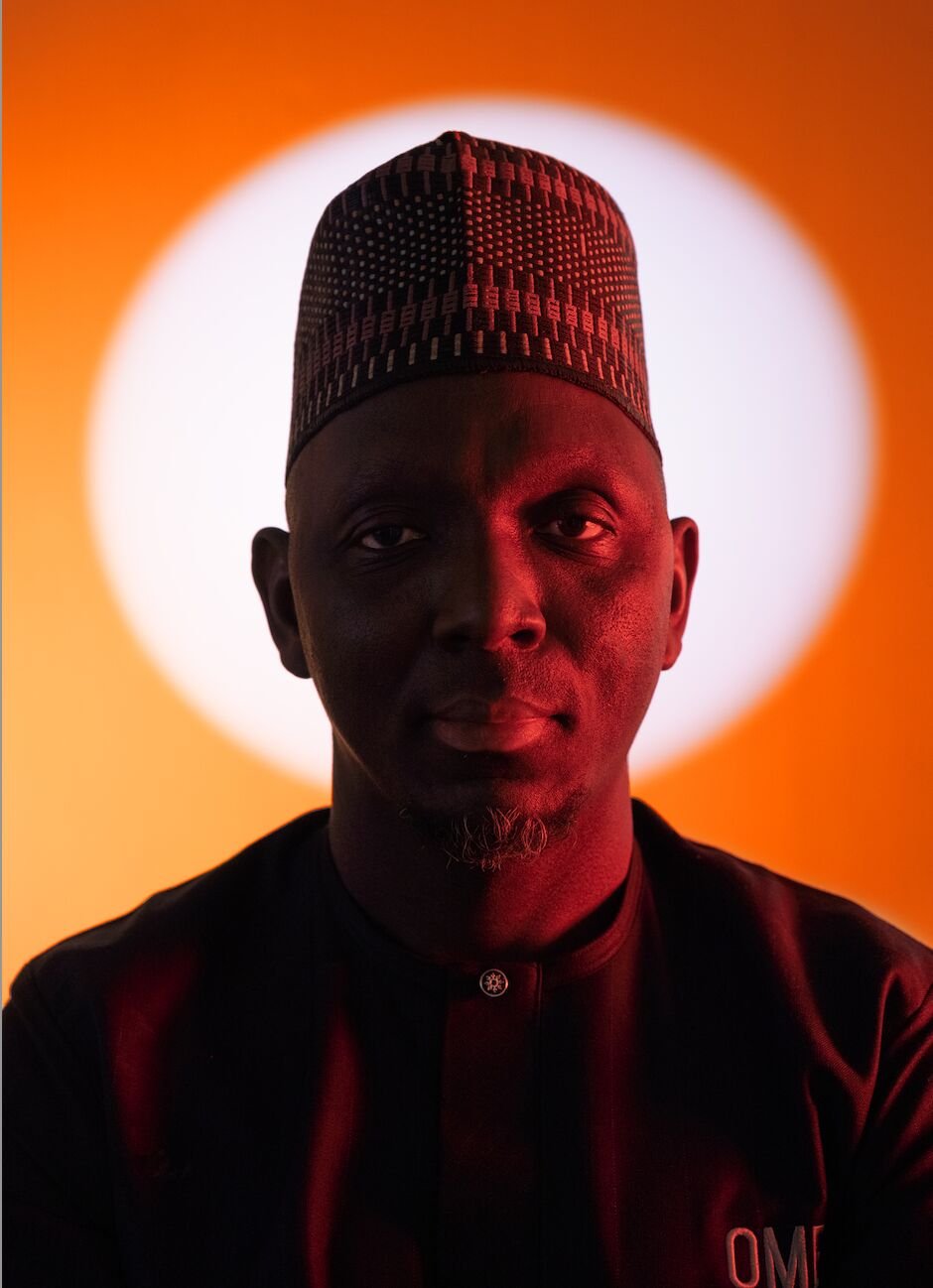Ghostwritten for Omek
Kemo’s Story
Omek is more than a company. It’s the manifestation of the most fulfilling and empowering components of my life.
I grew up in a setting that isn’t accessible for many people in the African diaspora. A setting that may not ever be accessible to my own sons. Imagine a compound inhabited by a family. For those of you who know me, you’ll be thinking of my parents, myself, and my eight siblings. Now, I want you to expand your understanding of the word ‘family’, and imagine that this compound is also open to aunties, uncles, and cousins. And then, of course, there’s the members of my family that many would refer to as ‘friends’. Now that I think back to it, almost the whole neighborhood was there. At any one point, we had almost forty to fifty people living in the same compound. Sometimes more.
We ranged in age from toddlers to elders, and we all had our roles to play to maintain the fabric of this community. Some of us contributed by cooking, others cleaning, others building maintenance, and yet others through the laughter they brought to us all. It was natural, organic even, but it was also a technology. A human technology, in the sense that it is so complementary to human nature. It was a sum of processes that allowed each individual, through playing a role in their community’s growth, to thrive.
My community and I found fulfillment through the roles we played for each other. As individuals, we all worked to support the community, but we also collectively worked to support each individual within the community. This meant I grew up knowing that, no matter what happened, there were forty to fifty people around who would protect and defend me. The experience of living in that compound had incredible implications for all of our personal development journeys.
Eventually, it came time for me to leave my community in search of my own place in the world. The option to stay nearby was available, but what young person hasn’t dreamt of making it in New York City? I worked my way into the corporate world but always found myself gravitating towards the idea of building something that would cultivate community. This idea would later become Omek, and the foundation of the idea is the same now as it was back then: Imagine what we could do if we all came together. Imagine the change we could create. This is the echo of a childhood that you may call Utopian, but you would be wrong to use that word. Utopia suggests something that may be unattainable, impossible even, but that is still worth reaching for. My experience was real, tangible, and I realized that rather than reaching for it, we were in a position to recreate it. The nature of the community would be different, sure, but the premise would be the same: empowerment of and through the community. Omek was the result, innovative in its use of a human technology that is older than time itself. Omek recognizes the potential of the African diaspora, a community who’s bicultural identity is breathtakingly powerful, and harnesses this potential in the way that is most beneficial for the individual and the community.
I used to worry that my sons, Baba and Adi, would never have the experience I had growing up. The ability to explore and grow knowing that you were supported and celebrated. The network of collaborators and casual mentors whose contribution to your success was unconditional. The sense of collective security in your potential despite a world that tells you you’ll never achieve your dreams. I used to worry about this a lot. Not so much anymore. Something tells me they’ll have everything they need.
